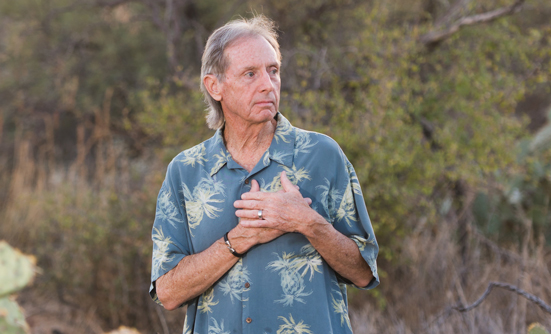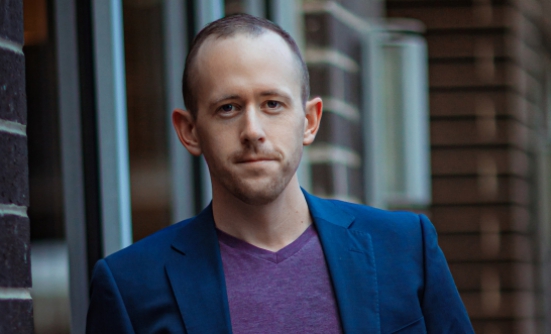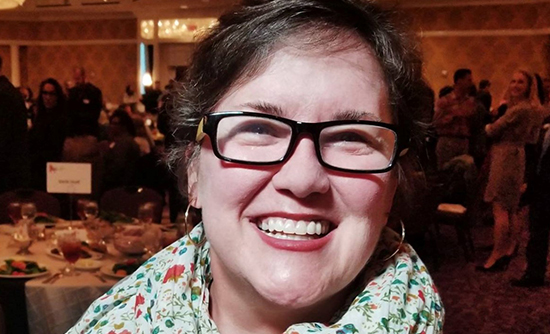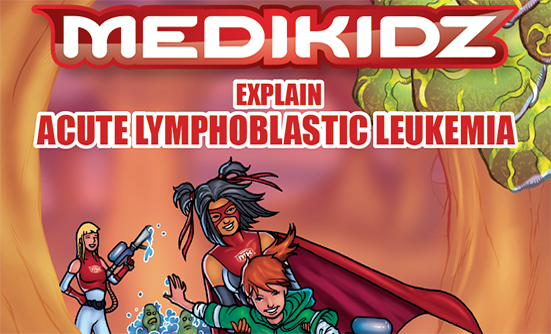There’s nothing funny about cancer. But as a man with breast cancer—the very notion that a male can contract a “woman’s disease” to me seems like a good example of the incongruous and unpredictable nature of humor. Comedy, it has been shown, relies on elements of surprise and absurdity to be funny.
From Illness to Humor
So, the very notion that men have breasts is already fodder for a good punchline. But having said that, a bigger question remains: can there possibly be anything funny about a life-threatening illness?
In a word—no. Those of us who find the benefits of laughter and humor in our quest for health and healing are certainly not laughing at our disease. Instead, we are finding the absurdity of life itself to be as humorous as it is mysterious.
I was diagnosed with male breast cancer in 2014. At the time, I was 64 and living in a Zen center in Hawaii, where I had gone to study meditation for a year. I was vegetarian, exercised daily, with 4-mile runs along the beach, spent long hours in meditation, and was living in “paradise.” And then I was diagnosed with cancer.
There was nothing humorous about that, but I knew that the stress and anxiety of a cancer diagnosis could be as damaging to me as the disease itself. Since I began my training as a Certified Laughter Yoga teacher 11 years ago with the man (Dr. Madan Kataria) who created that practice, the science behind “laughing for the health of it,” along with my personal experience, has once and for all confirmed to me that the benefits of laughter are enormous.
Origins of Laughter
Research on the origins of laughter in humans suggests that it all started out with a sort of “panting” in our primate ancestors, as a way of inducing a sense of calm in social groups.1 When we pant, or when we laugh, we are breathing deeply through the belly, enriching our blood with oxygen, lowering our blood pressure, and decreasing the amount of cortisol (the stress hormone) in our bodies.
As a cancer survivor, I know that it’s not always easy to laugh when we feel lousy. But it’s not the reality of being happy or joyful that causes us to laugh. Rather, it is the laughter that creates a sense of well-being within. And, therefore, a bit of humor, even when it hurts, is not such a bad idea.
Upside-Down Frown
Now I look for ways to turn my discomfort, stress, or fear into something a little lighter, even when things seem impossibly dispiriting. I’m always searching for good news in my cancer experience, or at the very least, good views in how I see the joy of being alive every day.
I’m reminded that the odds of anyone accidentally drowning in any given year are about 1,000 in 1. It’s probably not going to happen to anybody reading this brief article. So, the good news is that we can continue to take our long hot bubble baths.
The odds of a man being diagnosed with breast cancer in 2014 were also 1,000 in 1. But I must say, I’d take that over drowning any day.
I’m sure that when many of us first received our cancer diagnosis, it feels a bit like drowning. There we were, treading water in a sea of unknowns, desperately looking for the shoreline.
Heal with Laughter
We’re here today as survivors, because we decided to kick our feet and take one unstoppable stroke after another, until we made it back to shore. And made it back to life.
After all, a bend in the road doesn’t mean the end of the road, and the gift of laughter is always available for us to revisit along the way.
Whenever a bit of primal panting escalates into a snicker, and perhaps even a muted laugh, we have the opportunity once again to send ourselves down that humorous and hopeful highway, to health and healing.
Reference
- Provine R.R. Laughter: A Scientific Investigation. 2000. New York: Penguin Books.











